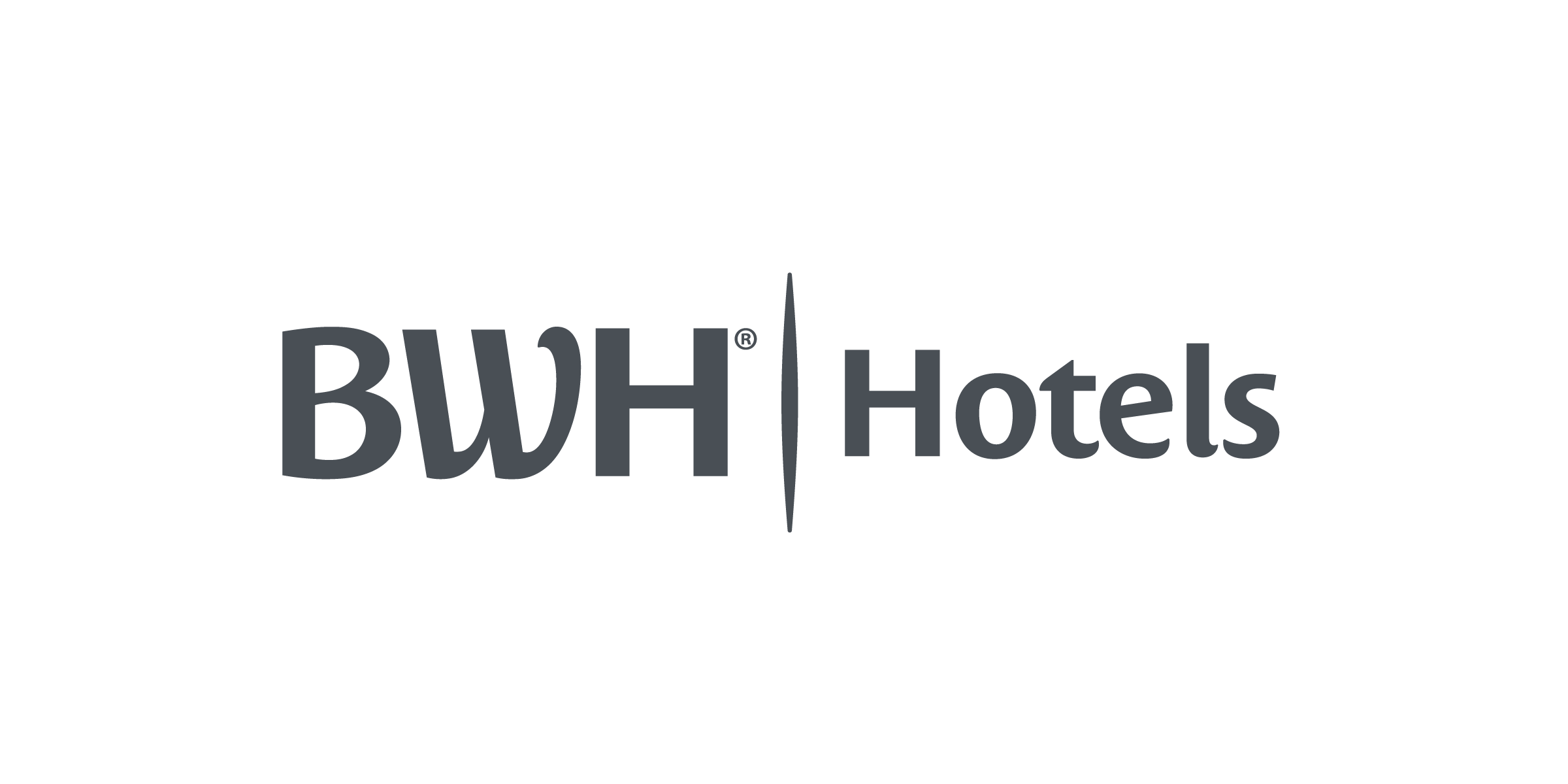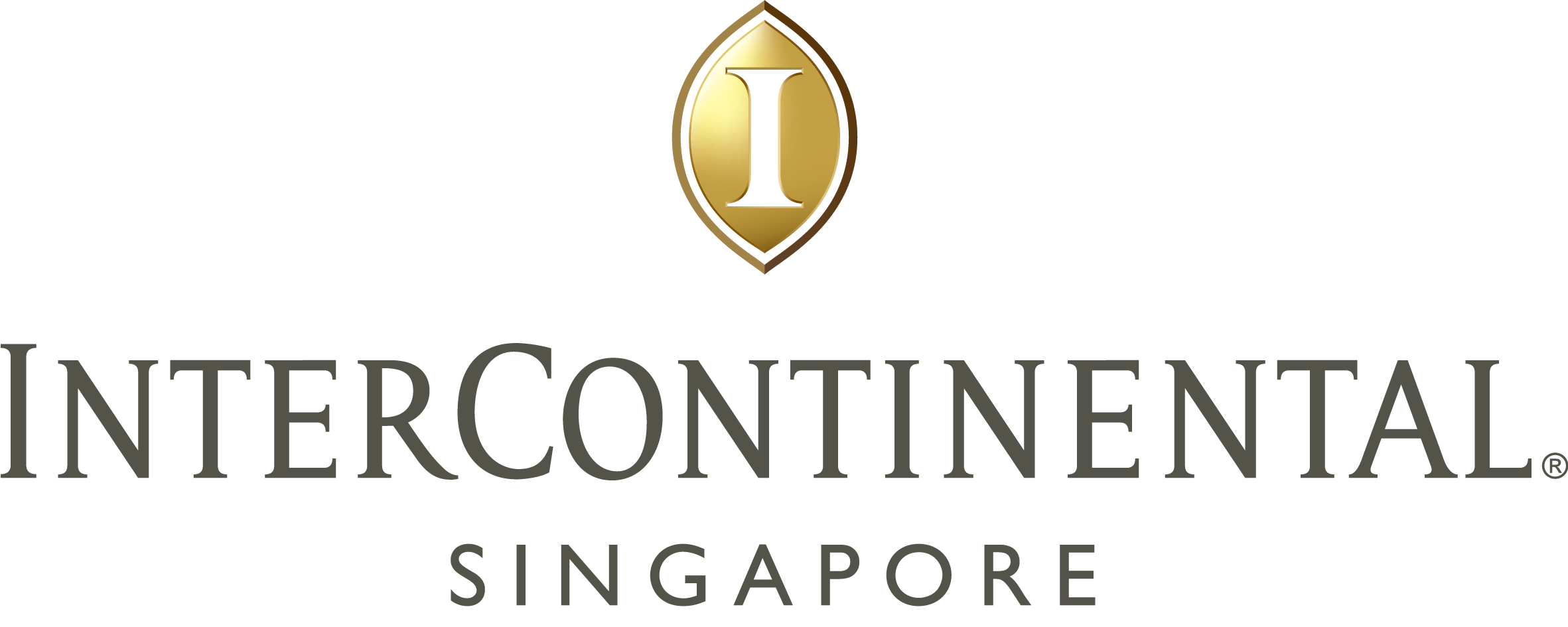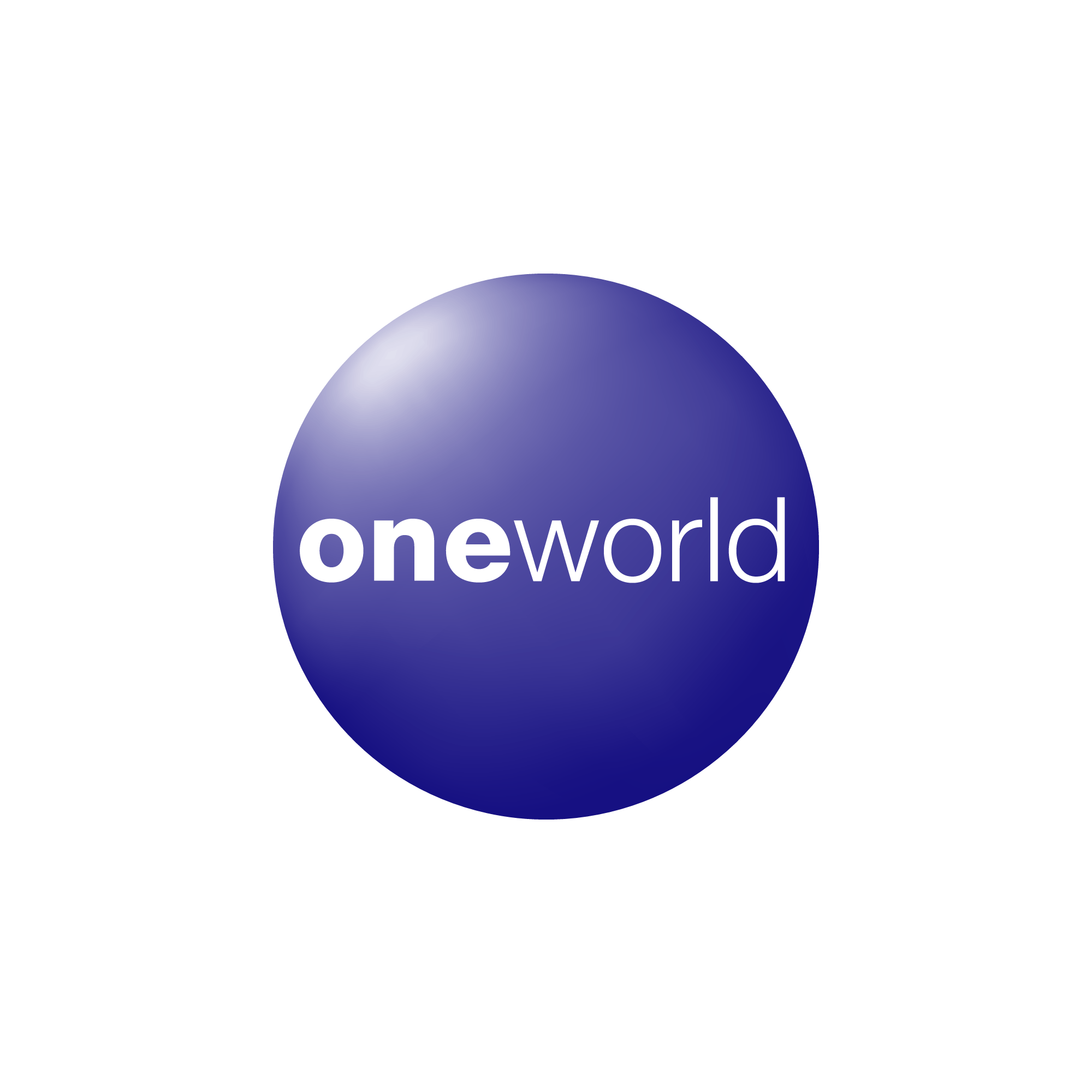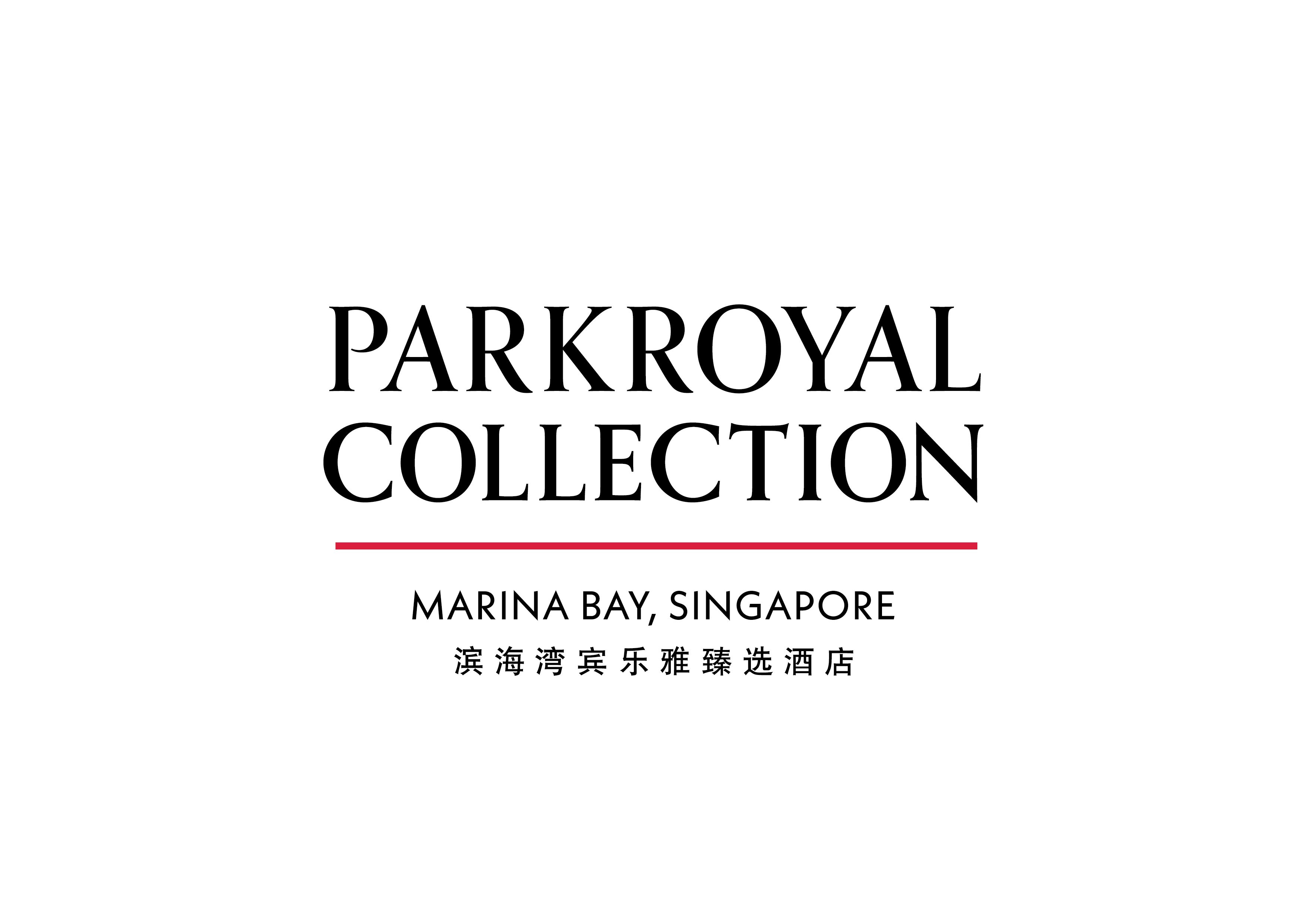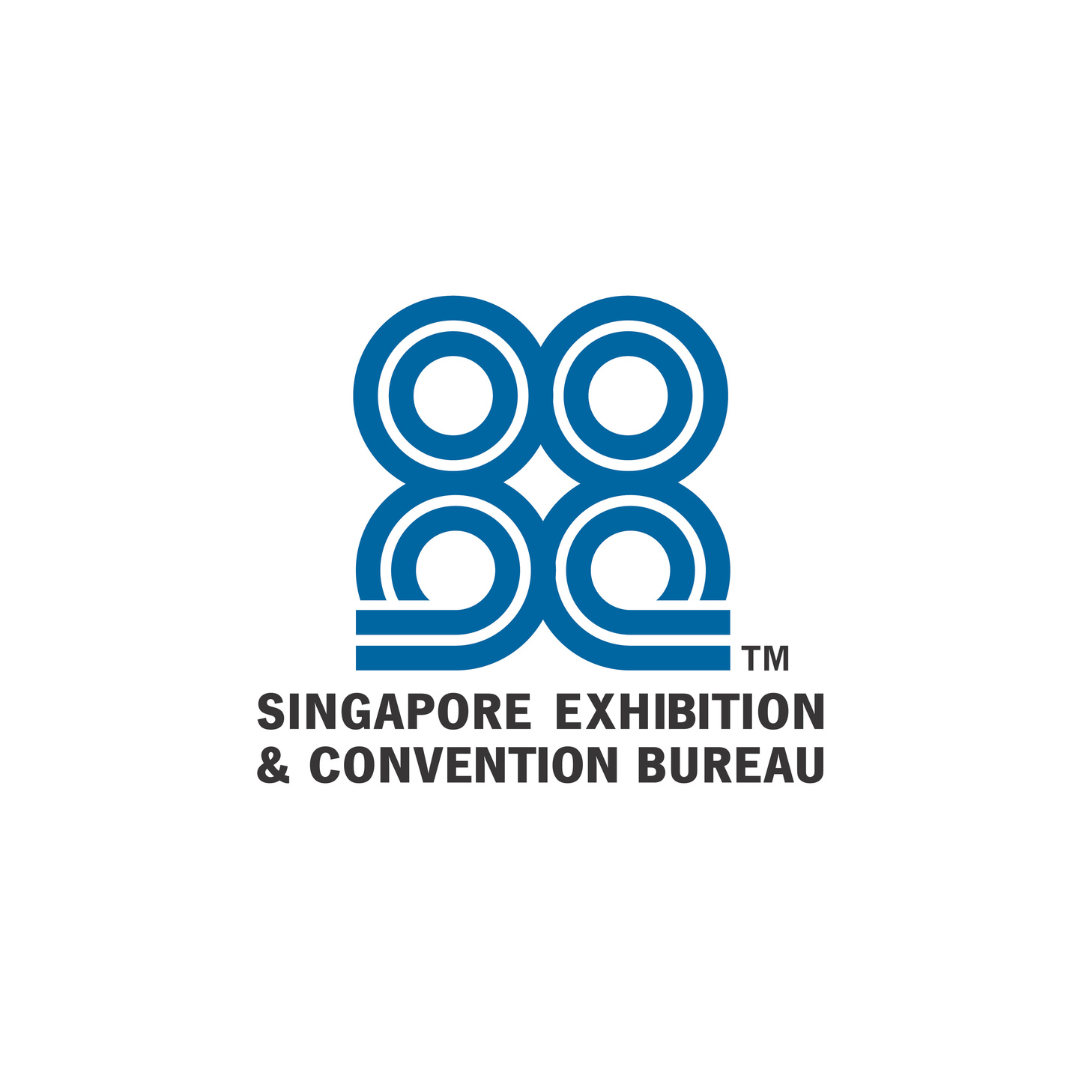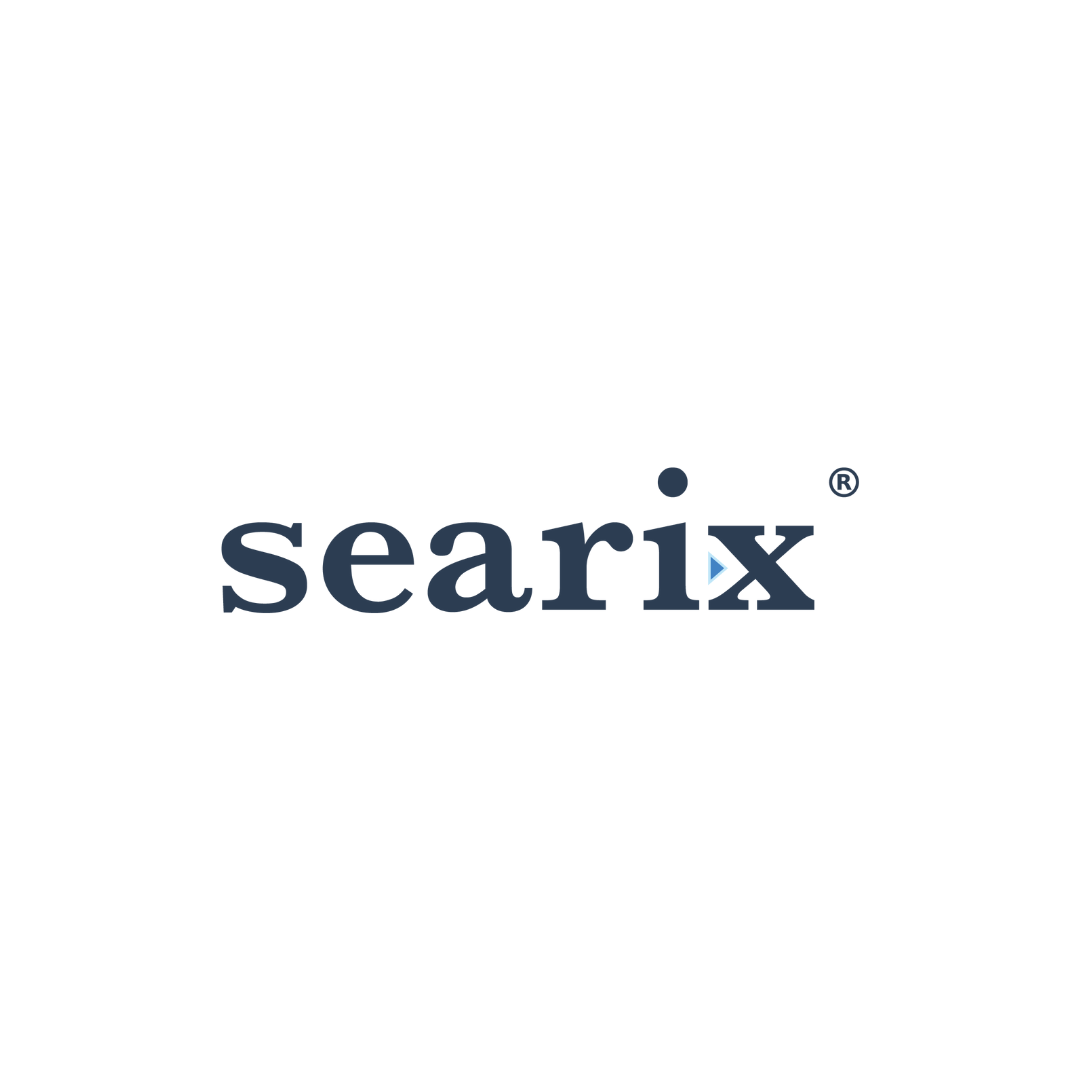To give you a helping hand we've collated some of the most common business travel terms and created a jargon-busting dictionary to make sure you're covered from A -Z.
ADR
Average Daily Rate, a metric widely used in the hospitality industry to indicate the average revenue earned for an occupied room on a given day.
Billback
When a hotel bills a customer’s TMC directly for the traveller’s stay. Travellers don’t need to pay for the room or tax at the hotel, although they can still be asked to put a card on file upon check-in for incidentals.
Carbon Footprint
A carbon footprint is a measure of an organisation’s or product’s carbon emissions. They usually cover all greenhouse gases and are expressed in tonnes of carbon dioxide equivalent (CO2e) (see ‘greenhouse gases’). However, sometimes they only cover CO2, so it’s important to be clear when making comparisons.
Carbon Neutral
Carbon neutral means reducing carbon emissions to the point where a balance can be reached between the amount of carbon being emitted and the amount being removed from the atmosphere through practices such as carbon capture or carbon offsetting.
Carbon Offsetting
For unavoidable or difficult-to-reduce emissions, organisations can choose to purchase carbon credits to remove the equivalent emissions elsewhere. Carbon offsetting schemes often focus on projects that absorb carbon, such as tree planting or environmental restoration, but may also include emissions-reducing schemes such as renewable energy projects.
Climate Change
Climate change is a long-term shift in global weather patterns or average temperatures.
The earth’s surface is warming and many of the warmest years on record have existed in the past 20 years. A rise in temperature can lead to extreme weather patterns such as floods, heatwaves, droughts and storms.
Codeshare
An agreement between two or more airlines which allows one carrier to market and collect payment for a flight operated by another carrier.
COP26
COP stands for ‘Conference of the Parties’, a group of nearly 200 countries who have signed up to the United Nations Framework Convention on Climate Change (UNFCCC). The COP meet at summits once a year to work towards reducing global greenhouse gas emissions.
EMD
Electronic Miscellaneous Document, an electronic document issued by airlines for the collection and settlement of ancillary services.
ERP
Enterprise Resource Planning, a type of software that organizations use to manage business activities such as accounting, procurement and risk management.
GDS
Global Distribution System. A GDS is the network that agencies use to complete transactions with suppliers. Airlines, hotels, car hire etc, feed their information into the GDS so that companies can check availability, create bookings, manage changes and more.
Load Factor
A metric used in the airline industry that measures the percentage of available seating capacity that has been filled with passengers.
Lowest logical airfare
The least expensive ticket price consistent with a corporation’s travel policy.
LRA
Last room availability, a pre-negotiated contract between a business and a hotel the means that as long as a hotel has a room for sale, then a traveler from that company has the right to buy it at the contracted rate.
Managed Travel
Managed Travel is a business travel programme in which employees book travel within pre-established guidelines, designed to control spend and help enhance travellers’ safety.
Marine fares
Marine fares are specialist fares for the marine and offshore industry. They are designed to meet the specific needs of crews within the marine and shipping industry. Marine fares are only available through specialist contracts between an airline and travel management company. These specialist fares allow for more flexibility, increased baggage allowance and discounts.
Merchant Fee
A transaction fee that the merchant must pay the card issuer whenever a customer uses a debit or credit card.
NDC
New Distribution Capability, a standard developed by the International Air Transport Association (IATA) to enable airlines to distribute tickets and ancillary content, such as baggage, in-flight Wi-Fi and meals in real-time, helping to personalise the booking experience and package services.
Online Booking Tool (OBT)
OBT is a corporate-approved software tool that lets organisations book, manage, and monitor their business trip itineraries
OTA
Online Travel Agency, a third-party internet booking site for reselling travel services and related products.
PNR
Passenger name record. The reference number associated with a booking. It can be used for both solo traveller’s and multiple travellers travelling together. Using a PNR allows airlines and TMCs to easily access your trip details within the GDS booking system. A PNR may be referred to as a record locator or a booking reference.
RevPAR
Revenue Per Available Room is a hotel performance metric used to assess a property’s ability to fill its available rooms at an average rate that is calculated by dividing a hotel’s total guestroom revenue by the room count.
RFP
Request for proposals, a business document that describes services that a company requires in order to solicits bids from qualified suppliers.
SAF
Sustainable Aviation Fuels are biofuels used to power aircraft that have similar properties to conventional jet fuel but with a smaller carbon footprint and currently a much higher cost. Depending on the feedstock and technologies used to produce it, SAF can reduce life cycle GHG emissions dramatically compared to conventional jet fuel.
TMC
Travel Management Company, a travel agency that specializes in helping businesses organize their travel programmes.
Travel Manager
Travel manager is the person responsible for a company’s travel policy. They develop the policy, manage (preferred) supplier relationships, monitor and approve traveller itineraries and bookings, process T&E reports and more.
Zero Carbon
Reducing emissions to absolute zero (in contrast to net zero, which involves a degree of offsetting to balance out emissions). In practice, this is extremely difficult for most organisations to achieve overall but it is possible for some processes or activities, such as zero carbon power through renewable energy.




